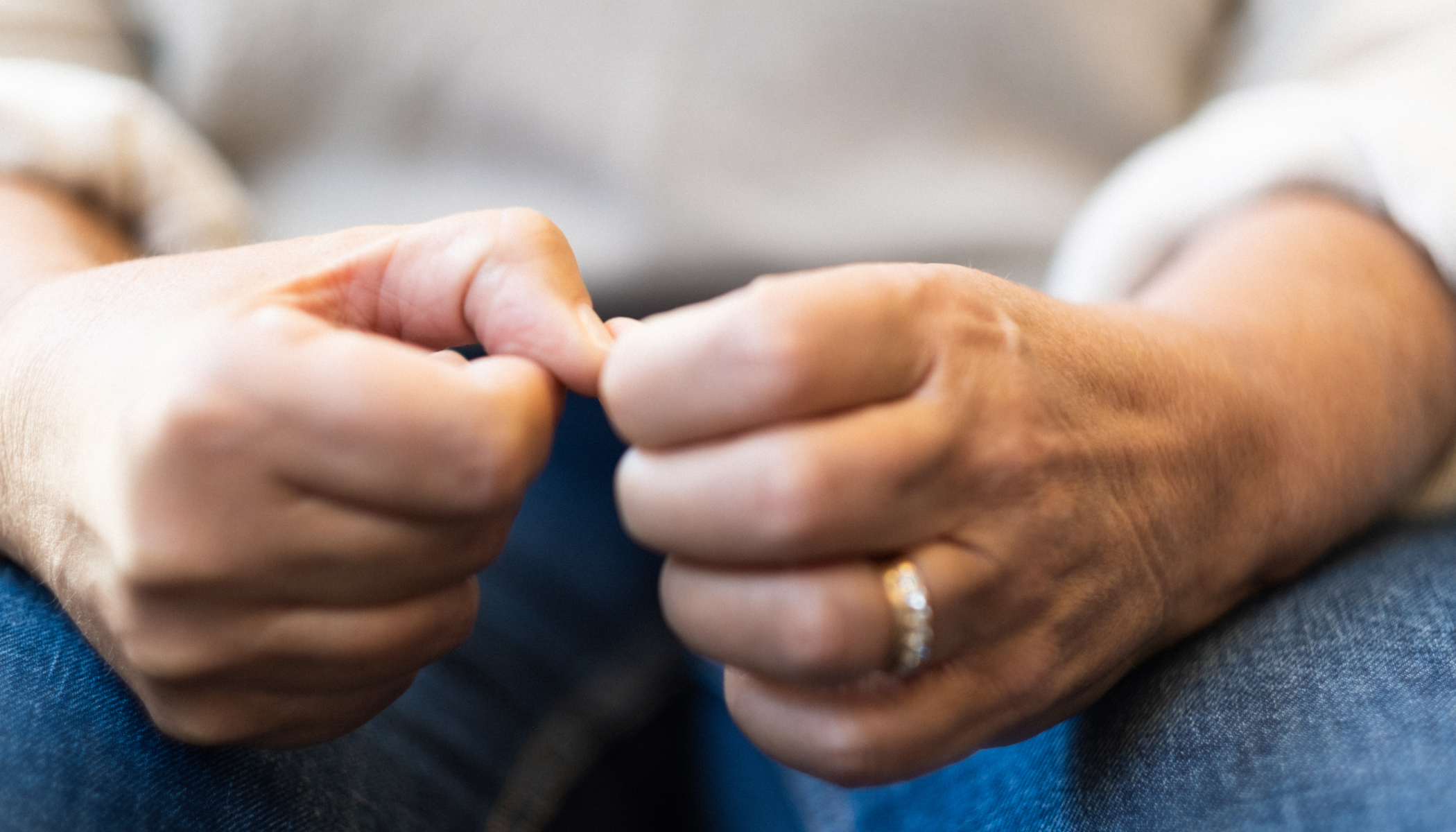Of all illnesses, depression is perhaps the most misunderstood. Because the symptoms vary and often have no clear physical manifestation, it’s much easier to dismiss them or underplay how serious they are.
Depression really can affect anyone. And often it’s those people who think it can’t happen to them who find it hardest to spot the symptoms and get help.
Sometimes there’s a clear trigger for depression – such as a difficult life event or loss – but often there isn’t. And if you have never experienced depression before, it may be hard to tell the difference between feeling down, or having a bad week and the start of something more serious.
Most importantly, although depression can be about feeling extreme sadness, this may not be a symptom at all and can obscure from the range of different indicators that someone may be suffering.
The common symptoms of depression
Having some, or all, of these symptoms may indicate depression. How long you, or someone else, has had these feelings or symptoms for is important too. Symptoms of depression will persist for weeks and months. You’d expect to experience them ongoing for 2 weeks or more before speaking to a GP.
1. Feeling hopeless or helpless With depression, this feeling is more than just looking at things, or the future negatively. Losing your sense of hope means seeing only a bleak future and taking no pleasure in life. Often it’s combined with the feeling that there’s nothing you can do to improve the situation.
2. Sleep problems or changes in sleep habits Sleep problems alone don’t indicate depression. But insomnia can frequently trigger depression and depression is often accompanied by changes in sleep habits. That could mean waking in the night, struggling to get to sleep or sleeping more and finding it hard to get up.
3. Loss of interest and enjoyment in daily activities When people start dropping their normal hobbies, pastimes, commitments, social activities or pleasures – like sex – it’s often the most obvious sign that their partner or friends will notice.
4. Thoughts of death A preoccupation with death and, in more severe cases, suicidal thoughts or wishing to die are often present in cases of depression.
5. Losing control of emotions Crying more often, taking risks, getting irritable or angry – depression may lead to people being overwhelmed by different emotions or acting unpredictably.
6. Appetite or weight changes Significant changes – usually a loss in weight or appetite – over a short period of time.
7. Loss of energy and motivation Often the predominant feeling of depression is not having the energy, or motivation, to do anything at all. Physically you may feel heavy or fatigued and normal tasks or decisions will take longer or become difficult to complete.
8. Reckless and risky behaviour Depression can feed self-destructive tendencies – whether that’s putting yourself at risk directly such as with dangerous driving, or indirectly through substances such as alcohol or drugs and gambling.
9. Self-loathing, criticism and guilt The feelings that accompany depression often take the form of negative thought patterns – which is why they are hard to spot. Hating oneself and feeling responsible for those feelings is often at the heart of this negative thinking.
10. Being less social or ‘disappearing’ Whether in person, on the phone, or on social media – people with depression will often socialise and talk less and lose contact with the outside world. It’s a critical sign that’s easy to miss. Checking in with someone regularly – even if they have stopped contacting you – can be the most useful tool we have to help support someone who is struggling with depression.
When can Livi help?
If your symptoms of depression have lasted more than 2 weeks and they are impacting your daily life, speak to your own GP or a Livi GP. Please note that Livi GPs are only able to help with mild to moderate depression. So if you are feeling very unwell, you should always seek emergency help from your GP.
Important information
Livi is not suitable for acute conditions or more severe problems requiring contact with emergency care or a hospital-based psychiatrist. Therefore, if you are feeling very ill, are considering taking your life or injuring yourself or someone else, you should always seek emergency help immediately. If possible make an emergency appointment with your GP, call 111 for help and advice or, in case of emergency, always call 999.
Reviewed by Dr. Asimah Hanif February 15 2020


